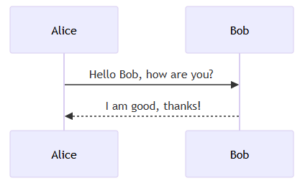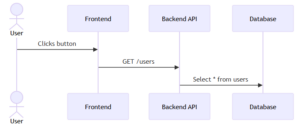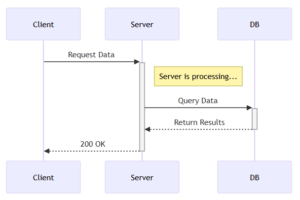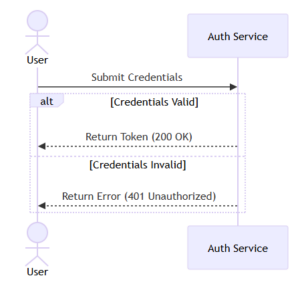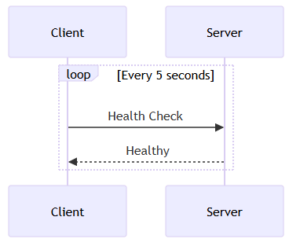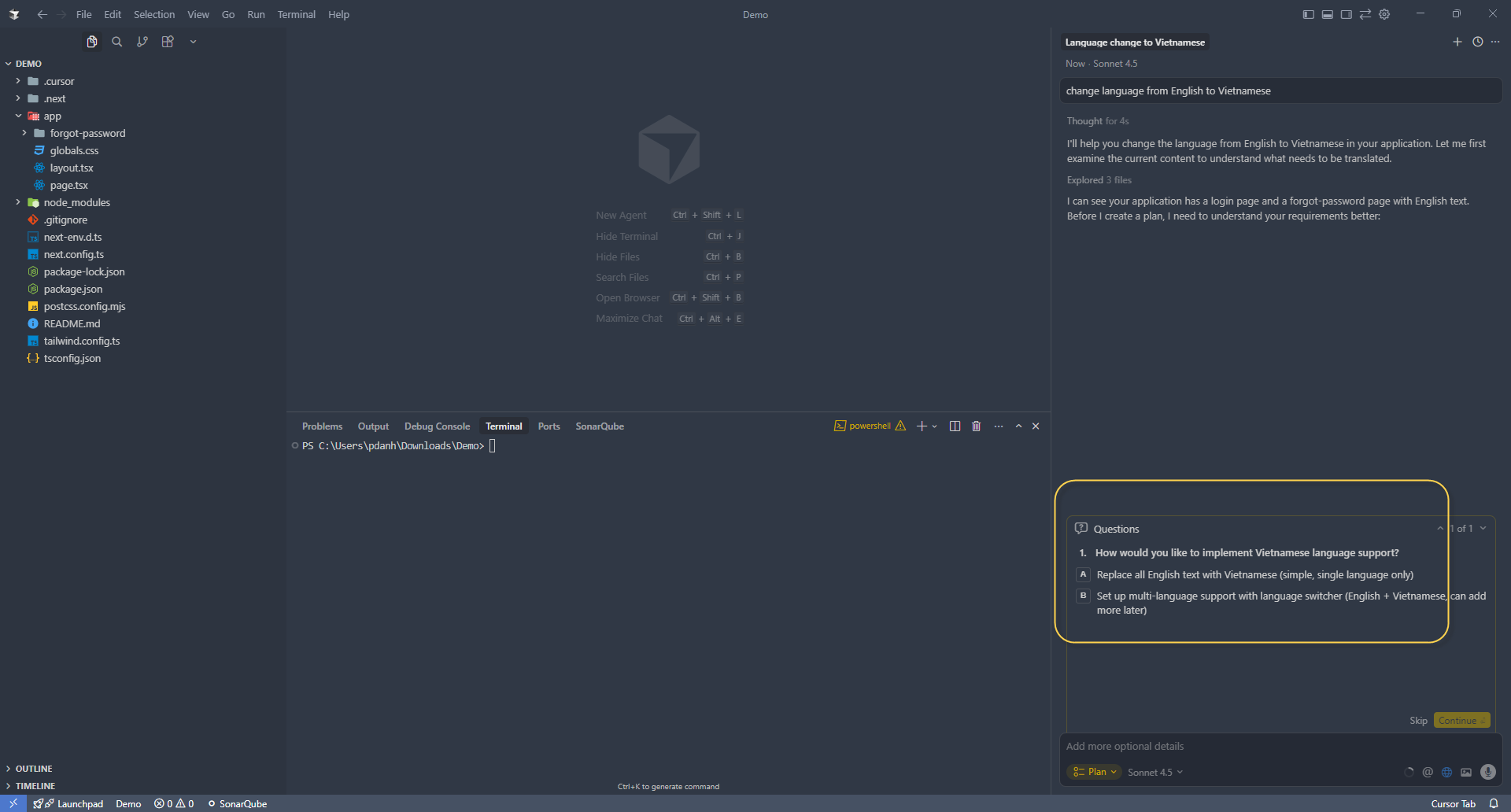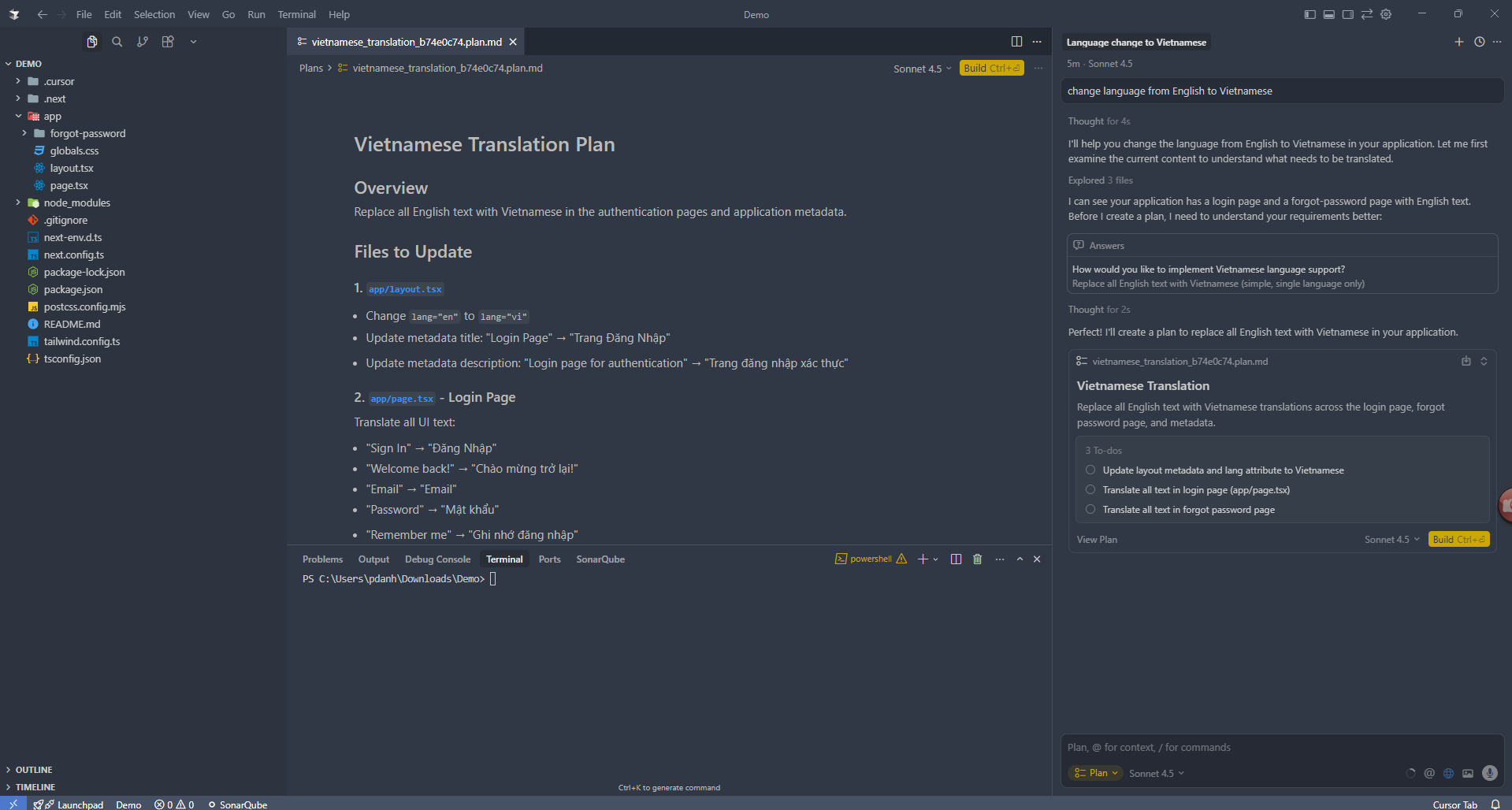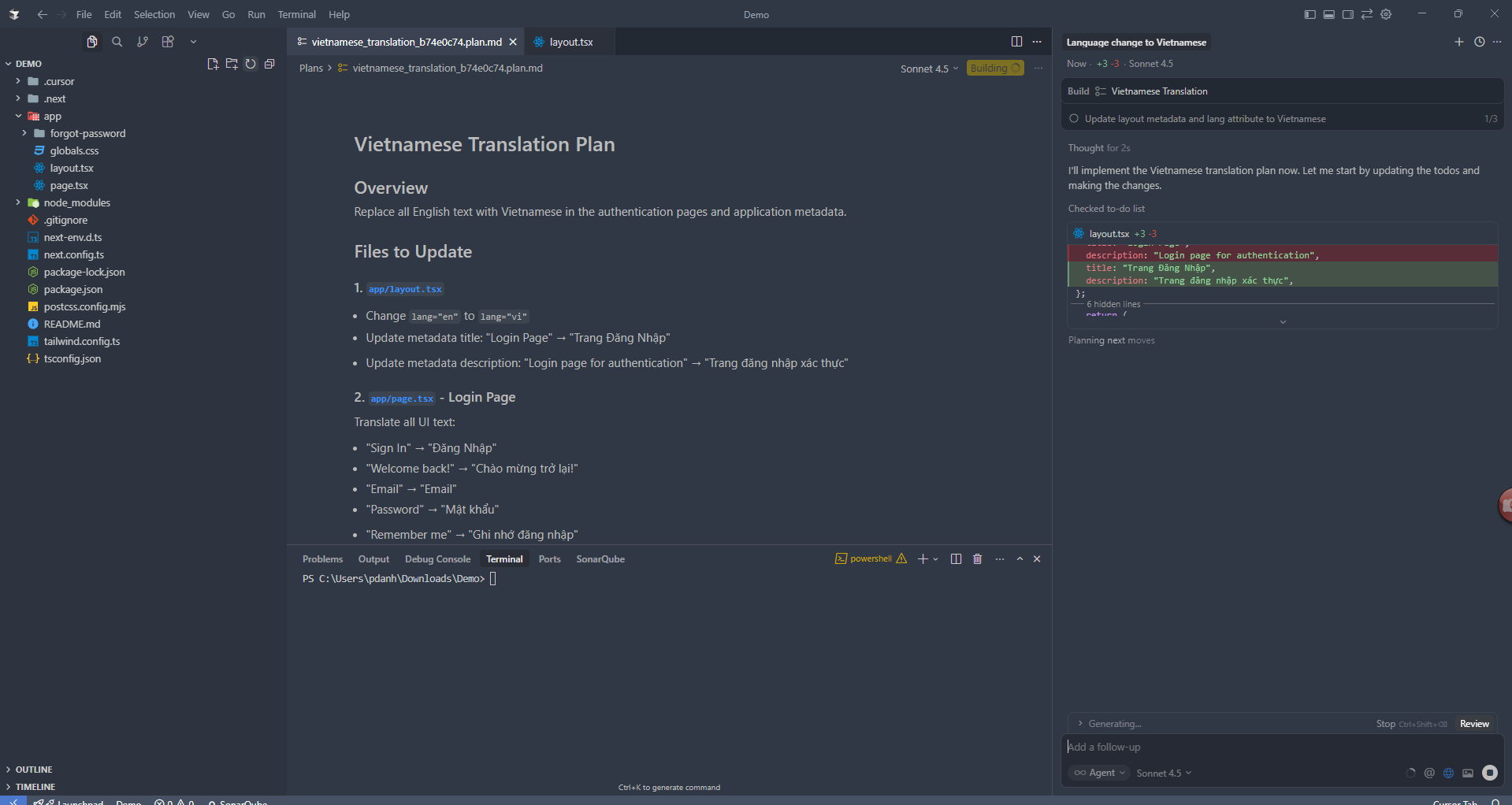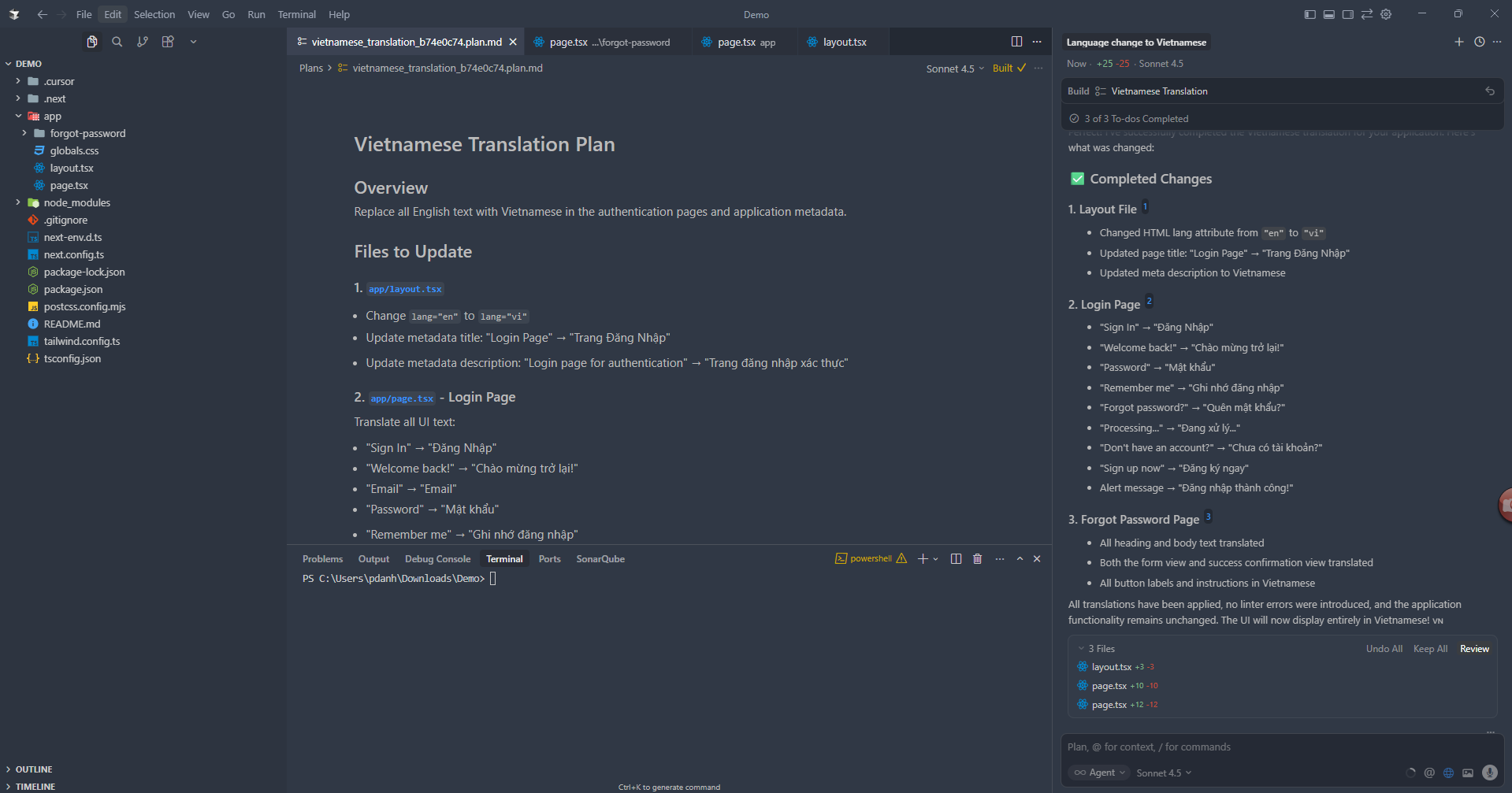l will introduce tips for optimizing the performance of your .NET applications, complete with illustrative examples in C#.
- Check with NULL value
Not good: The==operator can be overridden. So, no guarantee that the results will be as we expectvar lstEmployee = GetEmployees();if (lstEmployee == null)
{
// ...
}Good: Using
isoperator insteadvar lstEmployee = GetEmployees();if (lstEmployee is null)
{
// ...
}
- Using
IDisposableinterface to release unmanaged resources
Not good: unmanaged resources might not be released, causing potential memory leakspublic class Stock{private Stream _ioStream;public Stock(string filePath){_ioStream = File.OpenRead(filePath);}}Good: Release resource after usingpublic class Stock: IDisposable{private Stream _ioStream;public Stock(string filePath){_ioStream = File.OpenRead(filePath);}// Disposing the unmanaged resource.public void Dispose(){_ioStream?.Dispose();}}
- Using
ConfigureAwait(false)to prevent deadlocks
Not good: a risk of potential deadlocks may be occurredpublic async Task<string> LoadData(){var data = await ReadData();return ProcessData(data);}Good: Using ConfigureAwait(false) to avoid potential deadlockspublic async Task<string> LoadData(){// Use ConfigureAwait(false) to avoid potential deadlocksvar data = await ReadData().ConfigureAwait(false);return ProcessData(data);}
- Using
Parallelloops to take advantage of multicore CPUs
Not good: a standard for loop is used to process the data collection, it will execute of sequential operations
private void ProcessData(List<int> data)
{
for (int i = 0; i < data.Count; i++)
{
TakeOperation(data[i]);
}
}Good: Using Parallel loops can speed up processing of large collections, helping to optimize processing times
private void ProcessData(List<int> data)
{
Parallel.ForEach(data, item => TakeOperation(item));
}
- Force immediate execution using
ToList()orToArray()when needed to improve performance
Not good: IEnumerable will be enumerated multiple times when processing.public IEnumerable<int> GetOddNumbers(IEnumerable<int> numbers)
{
var odds = numbers.Where(n => n % 2 != 0);return odds;
}Good:
public IReadOnlyList<int> GetOddNumbers(IEnumerable<int> numbers)
{
var odds = numbers.Where(n => n % 2 != 0);return odds;
}
- Using StringBuilder instead of concatenate strings in loops
Not good: a new string object is created when each element of "stringArray" is appended to "result", wasting processing time and memory
private string ProcessString(string[] stringArray)
{string result = "";
for (int i = 0; i < stringArray.Count; i++){
result += stringArray[i];
}return result;
}
Good: use only one StringBuilder, save processing time and memory
private string ProcessString(string[] stringArray)
{StringBuilder stringBuilder = new StringBuilder();
for (int i = 0; i < stringArray.Count; i++){stringBuilder.Append(stringArray[i]);}return stringBuilder.ToString();
}
- Using
Spanover arrays to circumvent unnecessary memory allocations and copying
Not good: Using the arrays may lead to unnecessary memory allocations and copying
byte[] inputData = GetData();
ProcessingData(inputData);
Good: Using Span<T> helps avoid additional memory allocation and copying
byte[] inputData = GetData();
Span<byte> spanData = inputData.AsSpan();
ProcessingData(dataSpan);
- Using
Lazy Loadingfor Resources
Not good: Loading image resource when not needed
var employeeImage = LoadImage();
// Some processsing
Good: Loading image resource when need to use
Lazy<Bitmap> employeeImage = new Lazy<Bitmap>(() => LoadImage());
// After doing some processsing
//...
// Load the image when accessed
Bitmap actualEmployeeImage = employeeImage.Value;
Conclusion:These are just a few examples for improving performance when working with C#.
I hope you find this article is helpful.
References:
https://www.c-sharpcorner.com/UploadFile/dacca2/5-tips-to-improve-performance-of-C-Sharp-code/
https://dev.to/bytehide/7-simple-optimization-tips-in-c-nhn
https://code-maze.com/csharp-tips-improve-quality-performance/
https://www.bytehide.com/blog/performance-optimization-tips-csharp
Image source: https://www.freepik.com/free-vector/stream-binary-code-design_16399103.htm

